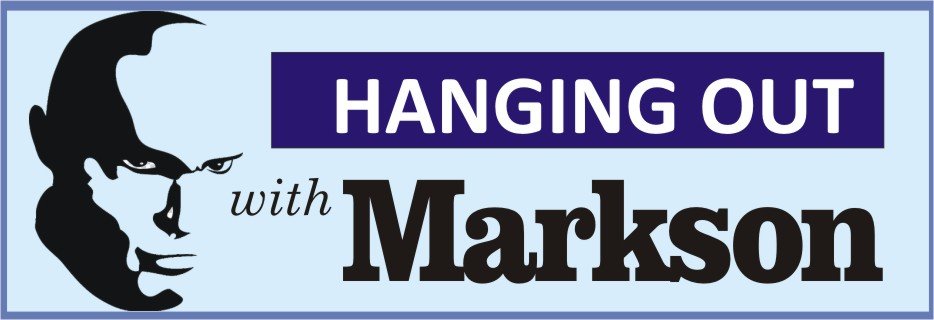
Port Harcourt — I didn’t know it was this easy to be a prophet media-wise. On October 1 last year, just a day after campaigns kicked off for the 2023 general elections last year, I published an article on this column titled “Now that campaigns have started…” in which I looked at the role of social media in the hustings. I said:
“There will be a lot of mudslinging and finger-pointing in the campaign. The stakes are high. Without any doubt or surprise, there will be manipulations and vituperations on social media, as parties and candidates engage in a fierce campaign to trap the unwary consumer.” If you watched the campaign, you would see how dead right the prediction (or prophecy) came to be. I’m a prophet!
I write this with all sensitivity because I don’t what to spoil the party of winners and exacerbate the gloom of losers. But that’s the nature of elections. Hopefully, this call-out will help shine a light on the nefarious activities of influencers and online portals in the polls that are still underway. And make no mistake about it, all the political parties are guilty! In January this year, the BBC reported on how Nigerian politicians allegedly recruited social media influencers to throw mud at opponents. Some influencers were paid as much as N20 million, the report alleged, while others were promised contracts and political appointments if the sponsoring party won. You can now understand the frenzy of fake news and misinformation that proliferated Twitter, Instagram, Facebook, WhatsApp and other social media platforms. To preserve my sanity, I decided long ago to stay away from established social media platforms except WhatsApp, so all I have to say on this subject is from my experience on just this platform. Despite knowing how to spot fake news, the purveyors of this kind of information assaulted my credibility with cunning constructions and images contrived to lend credibility to their evil intents. There were two striking instances. On the day after Nigerians voted, someone posted an allegation in which PDP chieftain and prominent Lagosian, Bode George accused the INEC chairman of slipping in and out of Lagos the previous night (that’s election day) on Tinubu’s private jet as part of a plan to swing the votes for the APC candidate. It didn’t make sense by any stretch of imagination that, if Prof Mahmood Yakubu was up to that kind of game, he would be simple-minded enough to travel in a jet provided by a candidate barely minutes after polling closed, passing through public airports. Thankfully, Chief George did not keep me and others waiting for long as he came out on Monday denying ever saying what was attributed to him.
Then someone also posted as INEC started to announce results that one of the brains behind the Labour Party, Pat Utomi was being held at gunpoint to deny the outcome of the poll in Lagos. News had filtered in at this time that the Labour Party was about to wrest Lagos from APC, in what was a sure upset for two-time Governor Tinubu. Here again, the allegation didn’t cut any ice with me, and I imagine with discerning Nigerians. By INEC guidelines, results of elections were announced at polling units (with party agents receiving signed copies) and the figures sent to the collation centre in states and finally to Abuja. It means parties knew the outcome of the polls and it was no longer up to an individual to denounce or deny or cancel the outcome. So, I challenged the source of the post on my platform, and they boasted that it emanated from “someone who should know.” But soon afterwards, Prof. Utomi came out with a statement denying that he was being held for any reason. The comforting aspect of these two examples was that the fake news was swiftly denied but what if they were such that went viral (as many fake news do) and became part of normal conversations and interactions and crucially, provoked reactions?
Social media has made me to doubt even my wife and pastor when they’re on such platforms because for all I know, they may not be the ones speaking. Or haven’t we seen voices changed and images tweaked by people bent on amplifying certain narratives? In a bid to fight fake news, INEC came out with a dial-in service, short-code-4623 just before the Presidential and National Assembly elections, to enable people “to contact INEC Citizens contact center in real time and get a response.” I doubt how many people remembered to do this. All what we expected from the umpire was the result not rebuttal of fake news!
Twitter says it fights fake news by “limiting amplification of misleading content” or removing it from the platform if the “offline consequences could be immediate and severe.” Facebook’s Public Policy Manager, Africa Elections, Akua Gyekye, said on their efforts, “We want to stop the spread of false news on our platforms. That’s why we’ve teamed up with local third-party fact-checkers across South Africa, Nigeria, Kenya, Cameroon and Senegal, including Africa Check, AFP (Agence France-Presse), Pesa Check (a local Kenyan fact-checking organisation) and Dubawa (a local Nigerian fact-checking organisation). These independent groups help us assess the accuracy of news shared on Facebook, and when they determine content is false, we reduce its distribution in News Feed so fewer people see it.”
The efforts by social media giants did not seem to have arrested the trend of fake new in the election, or perhaps, to be fair, much more fake news would have been out there but for the moves to fact check, limit and expunge. Well and good, but until fake news is promptly exposed as no news, I’m one who now doubts nearly everything on social media, and sadly, I’m in good company.

